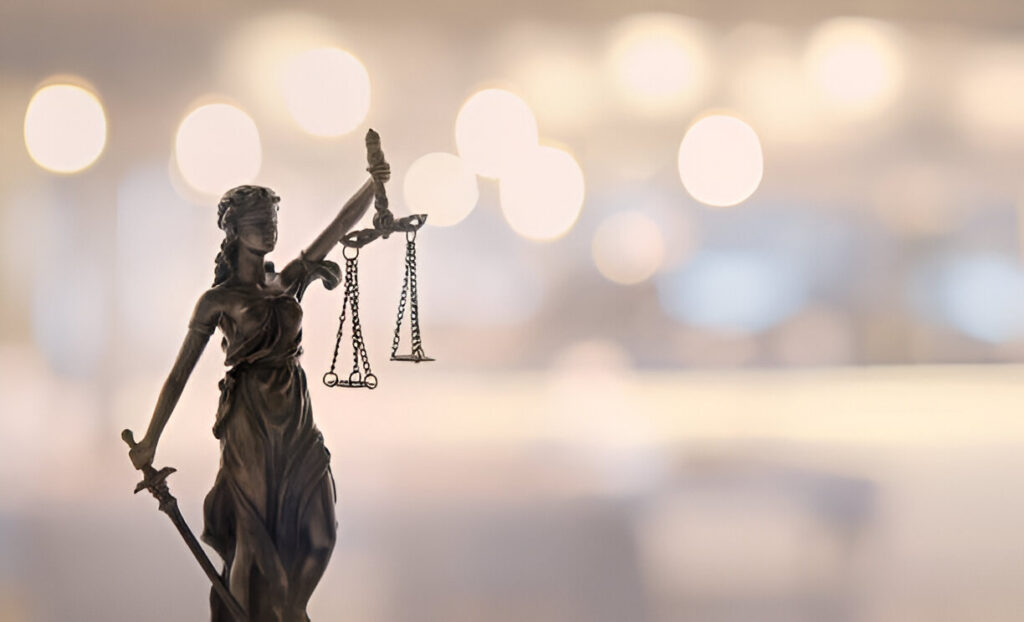Table of Contents
- Understanding Criminal Charges
- Importance of Legal Representation
- Common Defense Strategies
- Pre-Trial Motions
- Role of Evidence in Defense
- Plea Bargaining
- Navigating the Trial Process
- Post-Trial Actions
Understanding Criminal Charges
Before diving into defense strategies, it’s crucial to understand the nature of criminal charges. Charges can vary widely, ranging from minor infractions to serious felonies. Each type of charge—whether it’s theft, assault, or a more severe felony like murder—has its own set of potential defenses. For instance, what works as a defense strategy for a DUI might not be effective for a burglary charge. Understanding the specific charges against you is the first step toward formulating effective criminal defense strategies tailored to your case. This foundational knowledge helps set realistic expectations and informs the overall defensive approach.
Importance of Legal Representation
Having skilled legal representation can significantly impact the outcome of a case. Expert legal representation is crucial for anyone facing criminal charges. They bring invaluable experience and knowledge essential for mounting a robust defense. The intricacies of the legal system make it extremely challenging for individuals without legal expertise to defend themselves effectively. Attorneys can challenge evidence, file critical pre-trial motions, and even negotiate plea bargains that might not otherwise be available.
Common Defense Strategies
Numerous defense strategies are available, including arguing a lack of evidence, establishing an alibi, and proving police misconduct. Each strategy has its strengths and is best suited for different charges. For instance, an alibi can be powerful if you have verifiable evidence that you were elsewhere when an alleged crime occurred. In police misconduct cases, proving procedural errors can lead to the dismissal of charges. The selection of an appropriate defense strategy depends on various factors, including the nature of the charges, the available evidence, and the unique circumstances surrounding the case.
Lack of Evidence
A simple defense strategy is to claim that the prosecution lacks enough evidence to demonstrate guilt beyond a reasonable doubt. If the evidence is weak or nonexistent, this can be a strong basis for dismissal. For example, if a critical piece of evidence goes missing or an eyewitness’s testimony is inconsistent, the defense can highlight these issues to cast doubt on the prosecution’s case.
Alibi
An alibi defense argues that the defendant was in another location when the crime was committed. Evidence such as video footage, receipts, or credible witness testimony can support this claim. Establishing a solid alibi can completely discredit the prosecution’s argument, making it an effective defense strategy in many scenarios.
Police Misconduct
Instances of police misconduct, such as improperly collecting evidence or violating a defendant’s rights, can also be grounds for a defense. Proving such misconduct can result in excluding evidence and even case dismissal. This strategy focuses on the procedures followed by law enforcement and scrutinizes any possible breaches of protocol or rights violations.
Pre-Trial Motions
Pre-trial motions can significantly shape the direction of a case. These motions can include requests to suppress evidence, dismiss charges, or change the trial venue. Understanding pre-trial motions is essential for crafting a solid defense. For instance, suppression motions can exclude improper evidence, weakening the prosecution’s case. If a successful motion to dismiss is granted, it can result in the complete dropping of charges, which is the optimal result before the start of a trial.
Role of Evidence in Defense
Evidence plays a pivotal role in criminal defense. From physical evidence like DNA and fingerprints to testimonial evidence such as eyewitness accounts, the type and quality of the evidence can make or break a case. Substantial evidence can clear a defendant, while weak or tainted evidence can lead to a wrongful conviction. In some cases, expert witnesses can be brought in to challenge the validity of the prosecution’s evidence, providing a crucial element in the defense strategy. For example, a forensic expert might dispute the methods used to collect or analyze evidence, casting doubt on its reliability.
Plea Bargaining
Negotiating plea deals is a frequently used tactic in criminal cases. It involves negotiating an agreement with the prosecution to reduce charges or sentencing in exchange for a guilty plea. While it may not be suitable for everyone, plea bargains can offer a path to a more manageable outcome. They can often be a pragmatic choice for those facing overwhelming evidence against them. Plea bargains can help avoid the uncertainty of a trial, provide a quicker resolution, and often result in less severe penalties.
Navigating the Trial Process
The trial process can be daunting. Understanding each phase—from jury selection to the final verdict—can help defendants and their families better prepare for what lies ahead. It’s a complex journey where every step matters. Legal counsel can guide defendants through each phase, helping them to make informed decisions and present the most robust possible defense. Trial phases include the opening statements, witness testimonies, cross-examinations, and closing arguments, each requiring meticulous preparation and strategic execution.
Post-Trial Actions
Even after a trial concludes, various actions can be taken, such as filing an appeal. Post-trial actions provide additional opportunities to challenge a conviction and seek justice. Appeals can be based on procedural errors during the trial, issues with the admission of evidence, or new evidence that could potentially exonerate the defendant. Post-trial actions are essential to the criminal justice process, providing recourse for those wrongfully convicted.
Read More:


